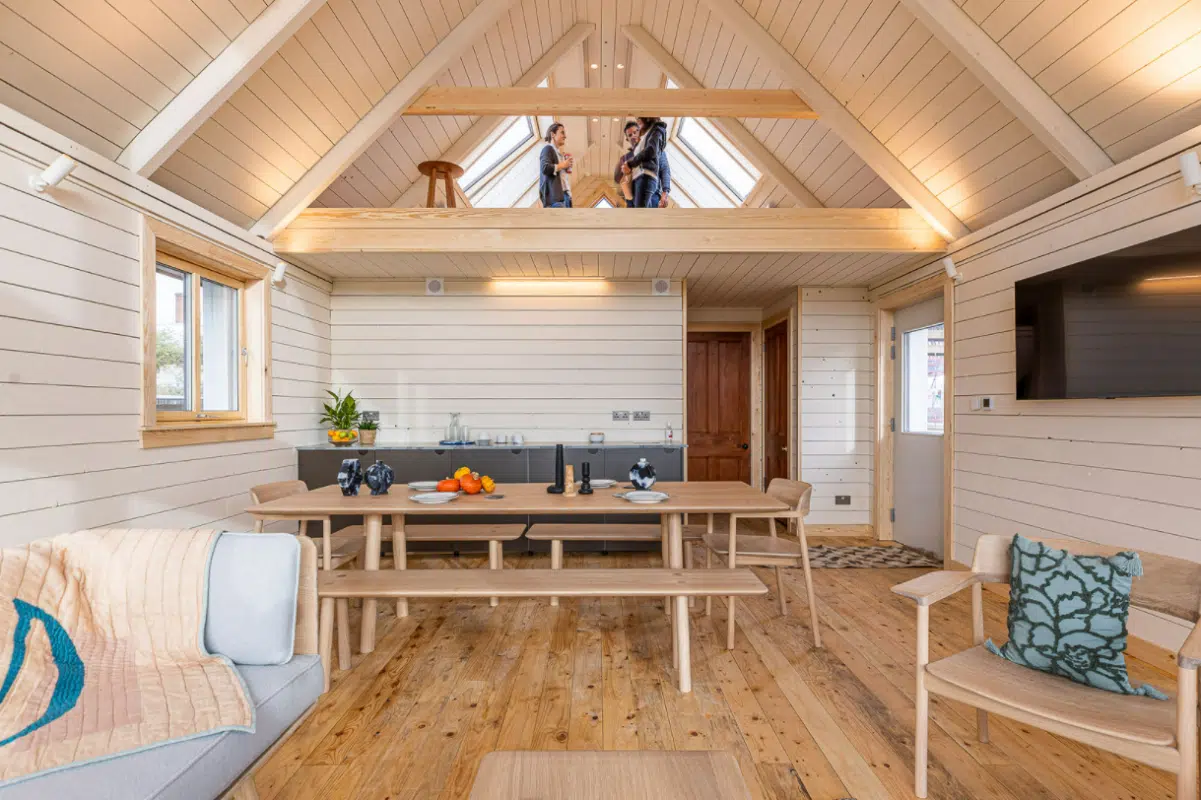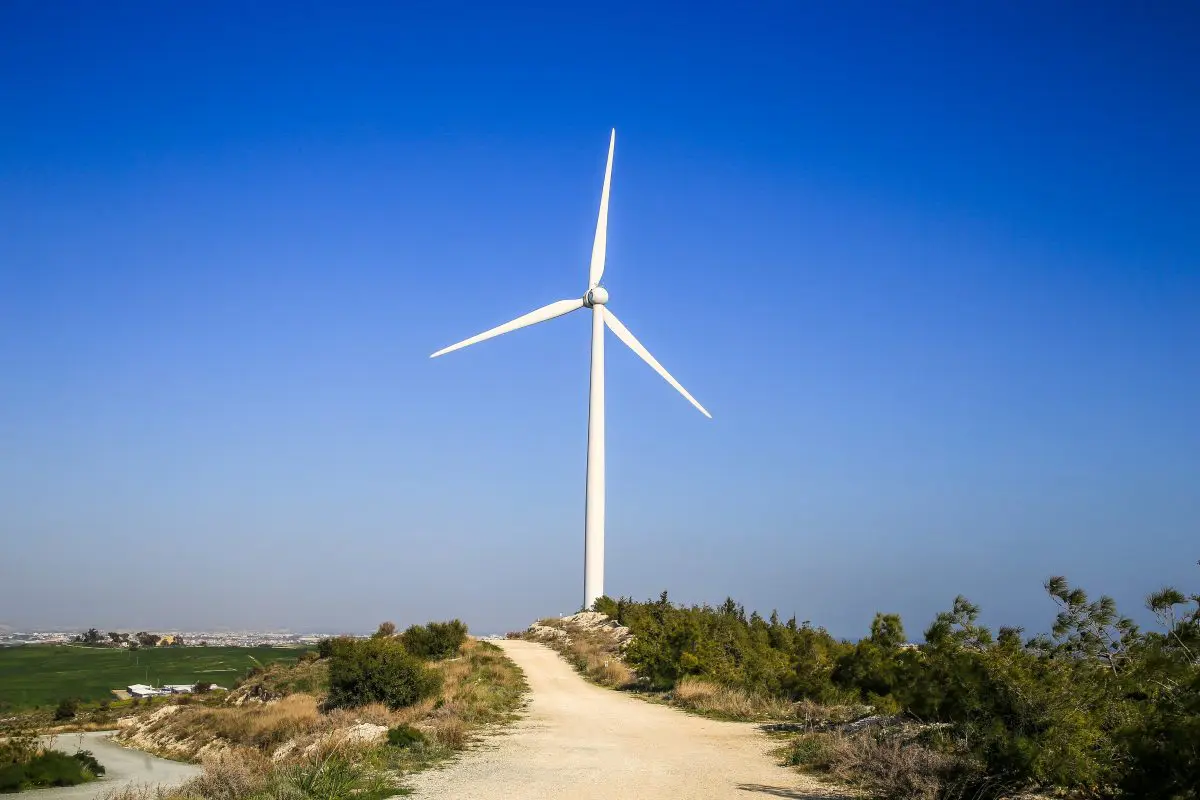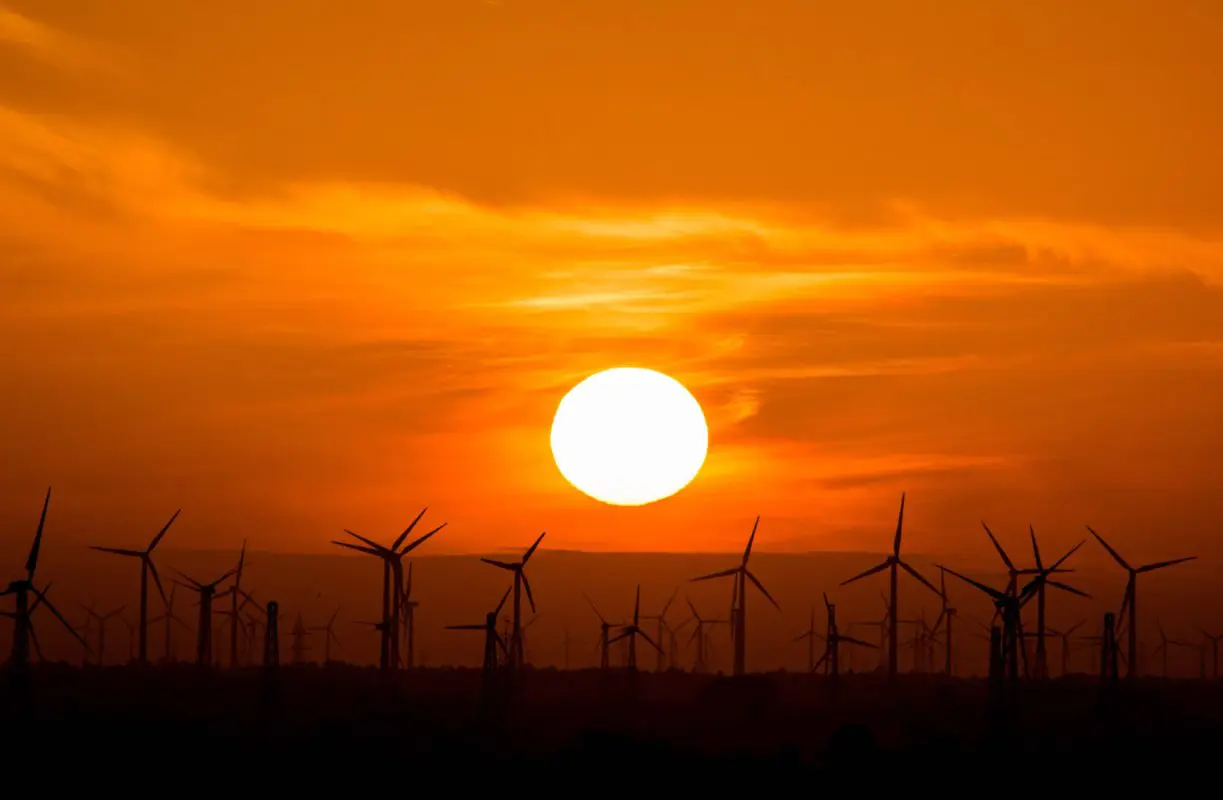On February 6th, Circular Ecology hosted an engaging and insightful webinar focused on carbon offsetting, carbon neutrality, and tree planting initiatives. Led by Dr Craig Jones, Managing Director, the session introduced these sustainability strategies, along with their potential advantages and challenges. During the session, key questions were addressed: What are carbon offsets and how do […]
Category Archives: Carbon Neutral
Circular Ecology would like to invite you to a webinar on the 6th of February, where we will provide an overview of Carbon Offsetting, Carbon Neutrality, and Tree Planting initiatives. This webinar will cover: What is a carbon offset? How do carbon offset credits work? What are the wider benefits of offset projects? What is […]
At Circular Ecology, we are proud to offer tree planting as part of our broader commitment to sustainability, scaling carbon reductions, and reforestation. While tree planting has long been a key aspect of our activities, we are delighted to add tree-planting initiatives to our online store. Through our partnership with Eden: People+Planet, we make it […]
From its inception, a key aim of the COP26 House project from Beyond Zero Homes, was to minimise embodied carbon emissions. Most embodied carbon emissions come from the supply chain of construction products – the extraction of raw materials, processing, transporting and manufacturing. Further embodied carbon emissions come from transporting products to site, installation, repair […]
Construction of the COP26 House in Glasgow city centre has started. Bringing together a wide range of industry partners, the collaborative group Beyond Zero Homes have designed the COP26 House to demonstrate that very low carbon emissions can be achieved affordably using today’s materials and technologies. Circular Ecology are delighted to be a partner of […]
Circular Ecology are currently running their video training courses as a fund raiser for the ICE Database. There are three online video training courses: Embodied Carbon in Construction (available end July 2021) Introduction to Life Cycle Assessment Introduction to Carbon Footprinting The Embodied Carbon training course is currently available for pre-order only. All courses are […]
The UK Green Building Council (UKGBC) recently released their updated document on Renewable Energy Procurement and Carbon Offsetting: Guidance for Net Zero. The guidance was released alongside a webinar explaining the changes made as a response to feedback for the public consultation draft, which was released in late-2020. The update outlines the pathways for taking […]
Progressing Voluntary Carbon Markets Mark Carney, the UN Special Envoy for Climate Action, has recently pushed for action to develop the voluntary carbon market. The Taskforce on Scaling Voluntary Carbon Markets, spearheaded by Carney, aims to increase the size, efficiency, and transparency, of the voluntary carbon market, while driving climate action to keep global temperature […]
UKGBC Task Group On Renewable Energy Procurement & Carbon Offsetting Introduction to the Guidance During 2018/19 the UKGBC brought together a task group to develop a harmonised understanding of what net zero carbon should mean for the UK building sector, as part of the Advancing Net Zero programme. In October 2019, specific sections relating to […]
University of Oxford Releases Principles for Net Zero Carbon In September of 2020, climate scientists from The University of Oxford, UK, released a guide on carbon offsetting. The Oxford Principles for Net Zero Aligned Carbon Offsetting, also called the Oxford Principles, comments on how a net zero society can be achieved through the utilisation of […]
- 1
- 2








